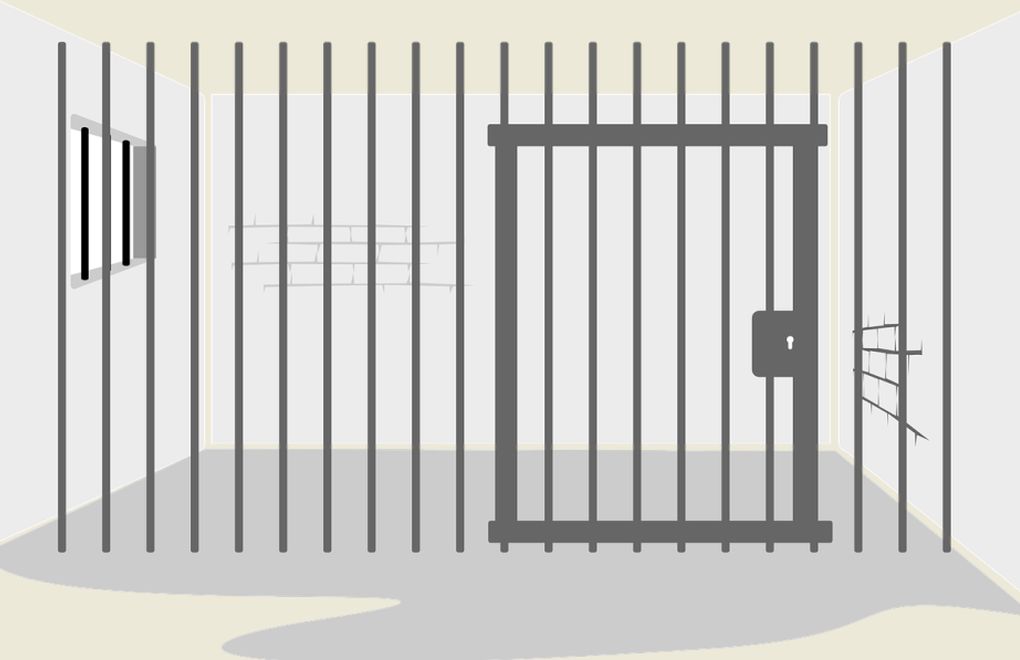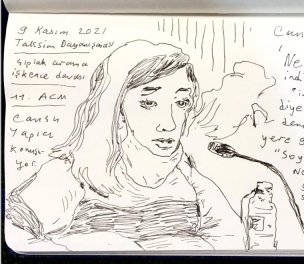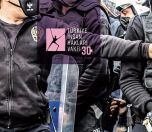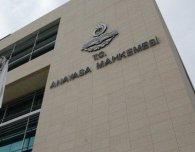Click to read the article in Turkish
"Strip search and stripping people by force are performed as acts of torture which violate people's privacy, target their moral values and social identity, harm their mental integrity and reach the dimension of sexual violence."
Human Rights Association (İHD), Human Rights Foundation of Turkey (TİHV), Turkish Medical Association (TTB) and TTB Human Rights Branch released a joint written statement yesterday (December 29) and underlined that "strip search was taken outside the scope of the principles of proportionality, lawfulness and necessity and turned into torture practices."
The statement of the rights groups has referred to the accounts of people who applied to the TİHV and showed that "strip search and inner body examination" have become widespread as a method of torture in both detention and prisons in Turkey over the past 10 years.
"When it is considered that the applications to the TİHV account for only a very small portion of the ones subjected to torture and other acts of maltreatment across the country and the acts which come to mean sexual violence are told/shared harder, the gravity of the situation can be understood more clearly," the statament of the organizations has noted.
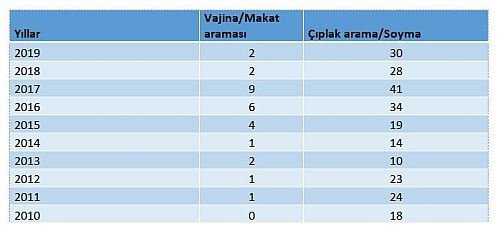
Years / Vagina and/or anus search / Strip search and/or stripping
Contacting the TİHV about their complaints from 2010 to 2019, 241 people in total reportedly stated that they had been subjected to strip search/stripping practices in detention. 28 of these persons indicated that their body pits were searched during these practices.
As far as the Documentation Center of the Human Rights Association (İHD) could detect, at least 167 people were allegedly subjected to physical violence because they resisted strip search or subjected to forced strip search in Turkey's prisons in the first 11 months of 2020.
'Torture in the dimension of sexual violence'
The statement of the rights organizations has underlined that they are receiving more and more complaints about such acts of toture every year.
Referring to the universal human rights law, the statement has indicated that "the body search to be conducted on a person deprived of his or her liberty must be compatible with the human dignity and respect for the privacy of the person in question and fall within the scope of the principles of proportionality, lawfulness and necessity."
Within this context, the organizations have defined the acts of strip search and stripping by force as "methods of torture which violate people's privacy, target their moral values and social identity, harm their mental integrity and reach the dimension of sexual violence."
Accordingly, the statement has read, "We observe that the number of applications to both the İHD and TİHV is increasing each year, we are faced with the new and changing face of torture and torture infiltrates daily lives with new methods in such a way that it knows no boundaries or places."
'Physicians have special responsibility'
The rights organizations have further underlined that according to the related legislation, strip search is an exceptional practice that is allowed to be undertaken only under very special circumstances. They have raised concerns that such exceptional practices have become more frequent over the past year by citing the articles of regulations.
The responsibility of physicians as stipulated by the "Medical Profession and Human Rights Declaration" and rectified in the TTB 58th Grand Congress has also been underlined in this context.
The related declaration emphasizes that "physicians are in a special position to safeguard and maintain human rights, they have responsibility and they are generally among the first witnesses of human rights violations" and says that "they must document the human rights violations that they witnessed, as required by the responsibilities of medical care."
'They must be investigated urgently'
Concluding their statement, the organizations have underlined that the perpetrators of such acts must not be met with impunity.
"The acts of strip search and stripping by force are acts of torture and other ill treatment practices that violate people's privacy, target their moral values and social identity, harm their mental integrity and reach the dimension of sexual violence," the organizations have reiterated.
"Law enforcement officers and prison personnel can naturally conduct searches in necessary and compulsory cases; however, these practices must be carried out in such a way that human dignity and privacy of the searched people are respected and the principles of proportionality, lawfulness and necessity are observed," the statement has stressed further.
"No reason can justify torture and any allegation that targets human dignity must be investigated immediately and urgently." (AS/SD)




